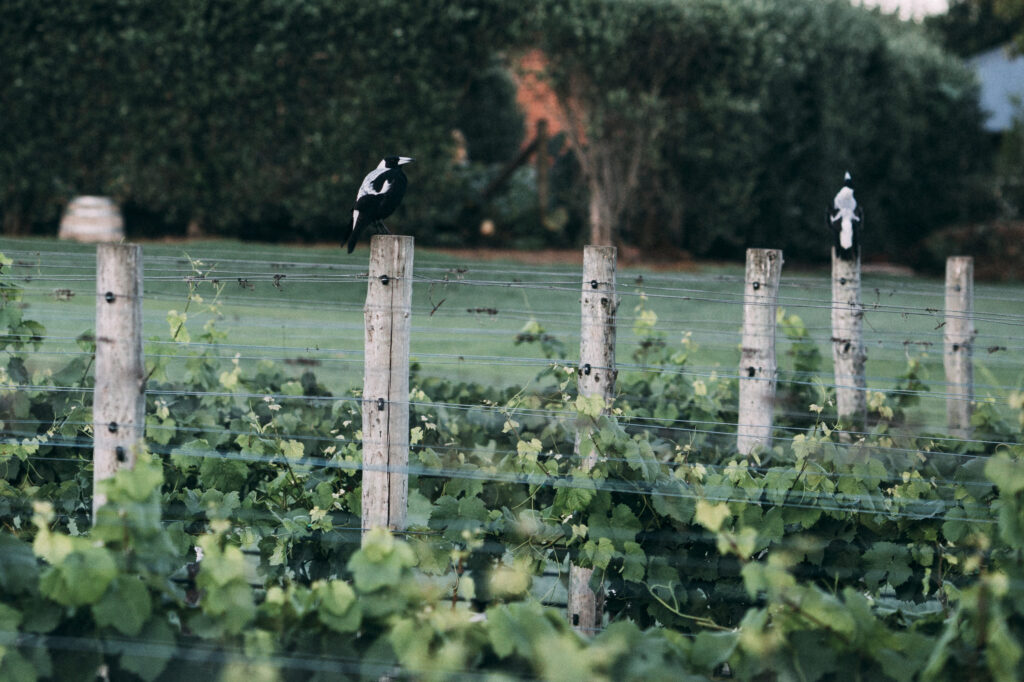Sustainability



Wine Sustainability
Wine sustainability refers to the practices and principles employed in the production, distribution, and consumption of wine that aim to minimize negative environmental, social, and economic impacts. It involves the responsible management of natural resources, preservation of ecosystems, and support for local communities involved in wine production.
Key aspects
Environmental Stewardship: Sustainable winemaking focuses on reducing the environmental footprint of vineyards and wineries. This includes measures like conserving water, reducing energy consumption, adopting organic or biodynamic farming practices, and minimizing the use of pesticides and chemical fertilizers.
Biodiversity Conservation: Sustainable vineyard management encourages the preservation and restoration of biodiversity. It involves protecting natural habitats, promoting beneficial wildlife, and using cover crops and other techniques to enhance soil health and biodiversity.
Climate Change Mitigation: Due to the potential impact of climate change on wine production, sustainability efforts often involve adopting strategies to mitigate its effects. This can include implementing renewable energy sources, reducing greenhouse gas emissions, and adapting vineyard practices to changing climatic conditions.
Social Responsibility: Wine sustainability also encompasses social aspects, such as fair labor practices, community engagement, and support for local economies. This involves ensuring safe working conditions, fair wages, and respectful treatment of vineyard and winery employees. Sustainable wineries also actively engage with local communities and contribute to their well-being.
Economic Viability: Sustainable wine production aims to ensure the long-term economic viability of vineyards and wineries. By adopting environmentally and socially responsible practices, producers can enhance efficiency, reduce costs, and improve the quality and reputation of their wines, thus fostering economic sustainability.

Certifications and Initiatives: Several certifications and initiatives exist to promote wine sustainability. Some notable ones include:
Certified Sustainable Winegrowing: Programs like the Certified Sustainable Winegrowing (CSW) provide guidelines and standards for sustainable vineyard and winery practices. They focus on environmental stewardship, social equity, and economic viability. Examples include the California Sustainable Winegrowing Alliance (CSWA) and the Lodi Rules for Sustainable Winegrowing.
Organic and Biodynamic Certification: Organic and biodynamic certifications ensure that wines are produced using organic farming practices without synthetic pesticides, herbicides, or genetically modified organisms. Biodynamic certification goes a step further, incorporating holistic practices based on the teachings of philosopher Rudolf Steiner.
Carbon Neutrality and Offset Programs: Some wineries are actively working towards carbon neutrality by reducing their greenhouse gas emissions and offsetting the remaining emissions through projects that sequester or reduce carbon. These programs help mitigate the climate impact of wine production.
By adopting sustainable practices, the wine industry can minimize its ecological footprint, protect natural resources, support local communities, and ensure the long-term viability of wine production in a changing world.
